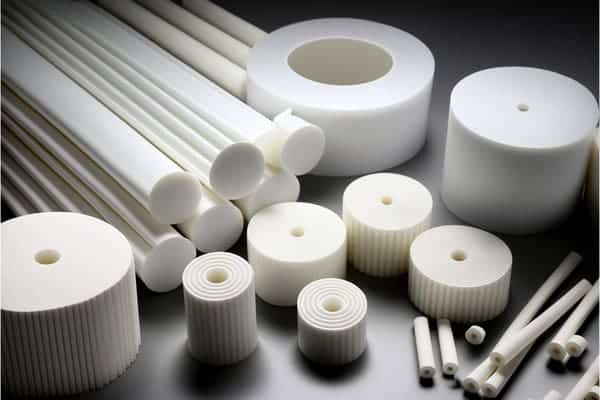The healthcare field has constantly evolved thanks to technological advancements and innovative manufacturing processes. Medical plastic injection molding is one of the most groundbreaking developments in recent years. This technology has revolutionized how medical devices and equipment are designed and produced. It allows for precision and efficiency in the creation of essential healthcare tools.
Medical plastic injection molding companies have played a crucial role in enhancing the design and functionality of medical tools. This technology enables manufacturers to produce complex components with accuracy. It also allows for cost-effective and scalable production, benefiting manufacturers and providers. Plastic injection molding has become an integral part of the healthcare industry by improving efficiency, safety, and customization.
Enhancing Design Efficiency in Healthcare Devices
Design efficiency is crucial in healthcare because it directly impacts the performance of medical tools and devices. Plastic injection molding plays a vital role by allowing manufacturers to produce complex designs with high precision. This manufacturing process enables the creation of detailed and intricate parts essential in medical devices, such as surgical instruments, implants, and diagnostic equipment.
The ability to produce consistent and reliable components through plastic injection molding ensures that each part meets strict regulatory standards. By improving design efficiency, this technology also reduces production time and costs, benefiting manufacturers and providers.
Functional Benefits of Plastic Injection Molding in Healthcare
Beyond design, functionality is a crucial aspect that determines the success of medical devices. Plastic injection molding excels in delivering products that meet the functional needs of the healthcare sector. The process allows for the production of lightweight, durable, and biocompatible components essential in various medical applications.
For example, in the production of syringes, catheters, and prosthetics, plastic injection molding’s ability to create parts with high strength and flexibility is critical. The lightweight materials’ nature ensures that devices are comfortable for patients. Additionally, the durability of the materials extends the lifespan of medical devices, which can be crucial for long-term use in hospitals and clinics.
Meets the Specific Needs of Healthcare Providers
Customization is essential in the healthcare industry, as each patient and procedure may require specialized tools and equipment. Plastic injection molding allows for the creation of customized solutions that meet providers’ specific needs. The process can accommodate different shapes, sizes, and designs, making it ideal for producing personalized medical devices.
For instance, customized implants can be created using plastic injection molding, ensuring that each patient receives the best fit. This improves the comfort and functionality of the device and enhances patient outcomes. The ability to produce custom solutions quickly and efficiently is a significant advantage, particularly in urgent situations.
Improving Safety and Hygiene in Healthcare Settings
Safety and hygiene are paramount in healthcare, and plastic injection molding contributes significantly. The materials used in this process are often biocompatible, meaning they are safe to use within the human body. Additionally, many materials resist chemicals and sterilization procedures, ensuring that devices remain safe and effective after repeated use.
The precision of plastic injection molding allows for smooth surfaces and detailed designs that reduce the risk of contamination. For instance, medical devices that require sterile conditions, such as surgical instruments or diagnostic equipment, benefit significantly from this manufacturing process. By improving safety and hygiene, plastic injection molding ensures that the tools meet the highest standards of patient safety.
Versatility of Plastic Injection Molding Materials
The versatility of materials used in plastic injection molding adds another benefit. Medical-grade plastics can be chosen based on their specific properties, such as flexibility, heat resistance, or sterility. Polymers like polyethylene (PE), polycarbonate (PC), and acrylonitrile butadiene styrene (ABS) are often used. This flexibility in material selection ensures that devices are designed for optimal performance in other environments, whether in operating rooms, patient care, or diagnostic settings.
Sustainability in Healthcare Manufacturing
Sustainability is becoming increasingly important in healthcare, and plastic injection molding offers several benefits. The process is highly efficient, reducing waste and energy consumption during production. Manufacturers can produce large quantities of parts with minimal material waste. Additionally, the materials used in plastic injection molding are often recyclable. As healthcare institutions prioritize sustainability, plastic injection molding will likely play an even more prominent role in reducing the environmental impact of medical device production.
Plastic injection molding has transformed the design and functionality of healthcare devices, offering numerous benefits. Medical plastic injection molding companies will play a vital role in driving innovation and sustainability in the production of medical devices. Their expertise allows manufacturers to meet the unique needs of healthcare providers while improving design efficiency. This manufacturing process ensures that the highest standards of safety and functionality are maintained, continuing to shape the industry’s future.
Keep an eye for more latest news & updates on Tribune Tribune!




